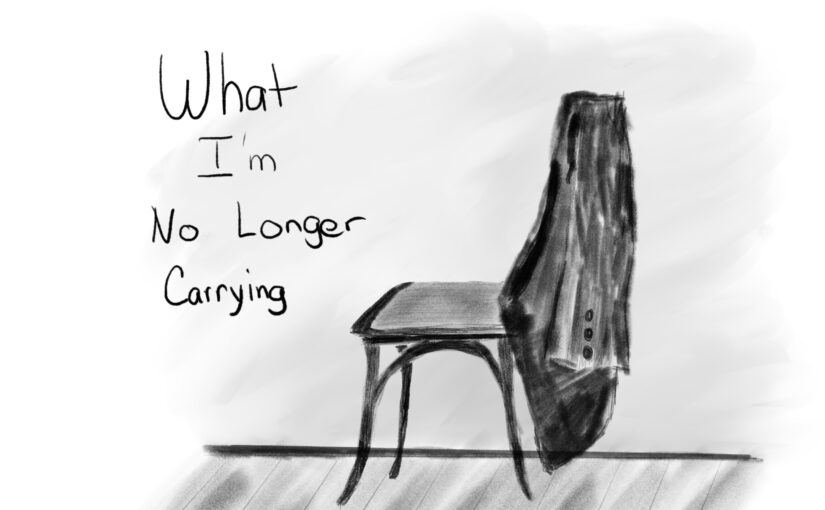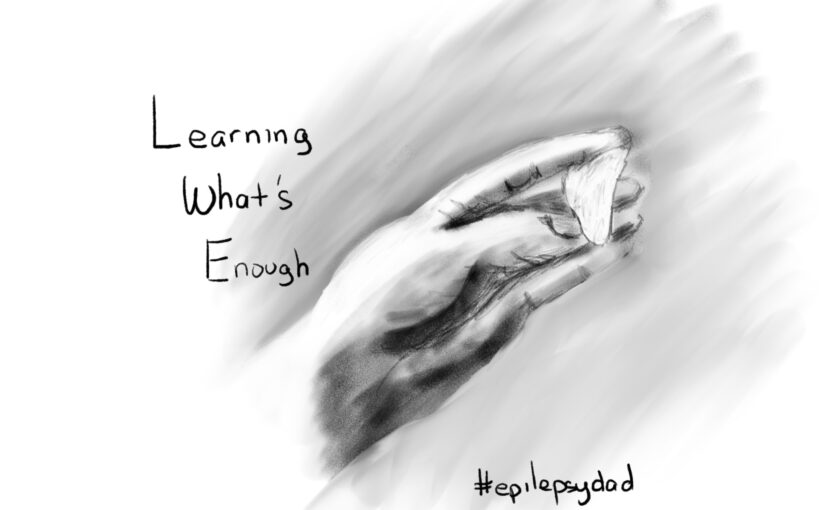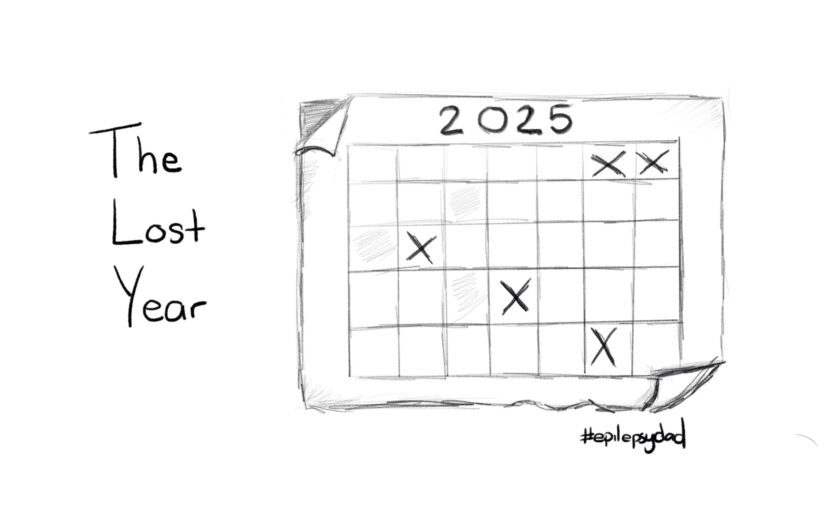For a long time, I carried things because someone had to.
That was the logic. If something was falling apart, if someone was overwhelmed, if the situation felt fragile, I stepped in. I absorbed it. I adjusted. I stayed alert. I made room. I told myself that this was responsibility—that this was what showing up looked like.
Some of that was true.
Some of it wasn’t.
Over time, the line blurred between what was mine to carry and what I had simply gotten used to holding. Emotional states. Unspoken expectations. Outcomes I couldn’t control but still felt responsible for. There was a constant, ambient tension—always needing to be ready for the next shift, the next reaction, the next thing that might go wrong. Being “on” stopped being situational and became the default.
It didn’t happen because I wanted control. It happened because I wanted stability. I wanted things to hold together, and for a while, carrying more felt like the only way to keep everything from tipping.
But carrying everything has a cost.
It erodes attention and narrows patience. It leaves no space for rest that actually rests. Even when the day ended, nothing was really finished. I was still holding the weight of what might come next.
Learning what’s enough forced a reckoning with that pattern. Not everything I was carrying was necessary. Not everything was sustainable. And not everything was actually helping, even if it felt like it was. Some things were never mine to begin with.
I can care deeply without carrying everything. I can show up without absorbing the full emotional weight of every situation. I can be responsible without being the shock absorber. That distinction matters now.
I’m no longer carrying the need to fix what I can’t fix, or outcomes that don’t belong to me, or the expectation that being available means being endlessly available. Putting those things down doesn’t make me indifferent. It makes me more grounded.
What I’m carrying now is smaller—heavier in some ways, but clearer about where it belongs. Showing up for my son. Being present for my goddaughter. Keeping the day honest and contained. Doing what’s in front of me, and letting the rest stay where it is.
I still feel the pull to pick everything back up. Old habits don’t disappear quietly. But I’m learning to notice that urge for what it is—a reflex from a time when carrying more felt like survival.
It isn’t anymore.
I’m not done learning where the boundaries are. I still misjudge sometimes. I still overreach. But I’m paying attention now, and that changes things. What I’m no longer carrying isn’t gone forever—it’s just no longer automatic.
And that feels like a different kind of strength.


